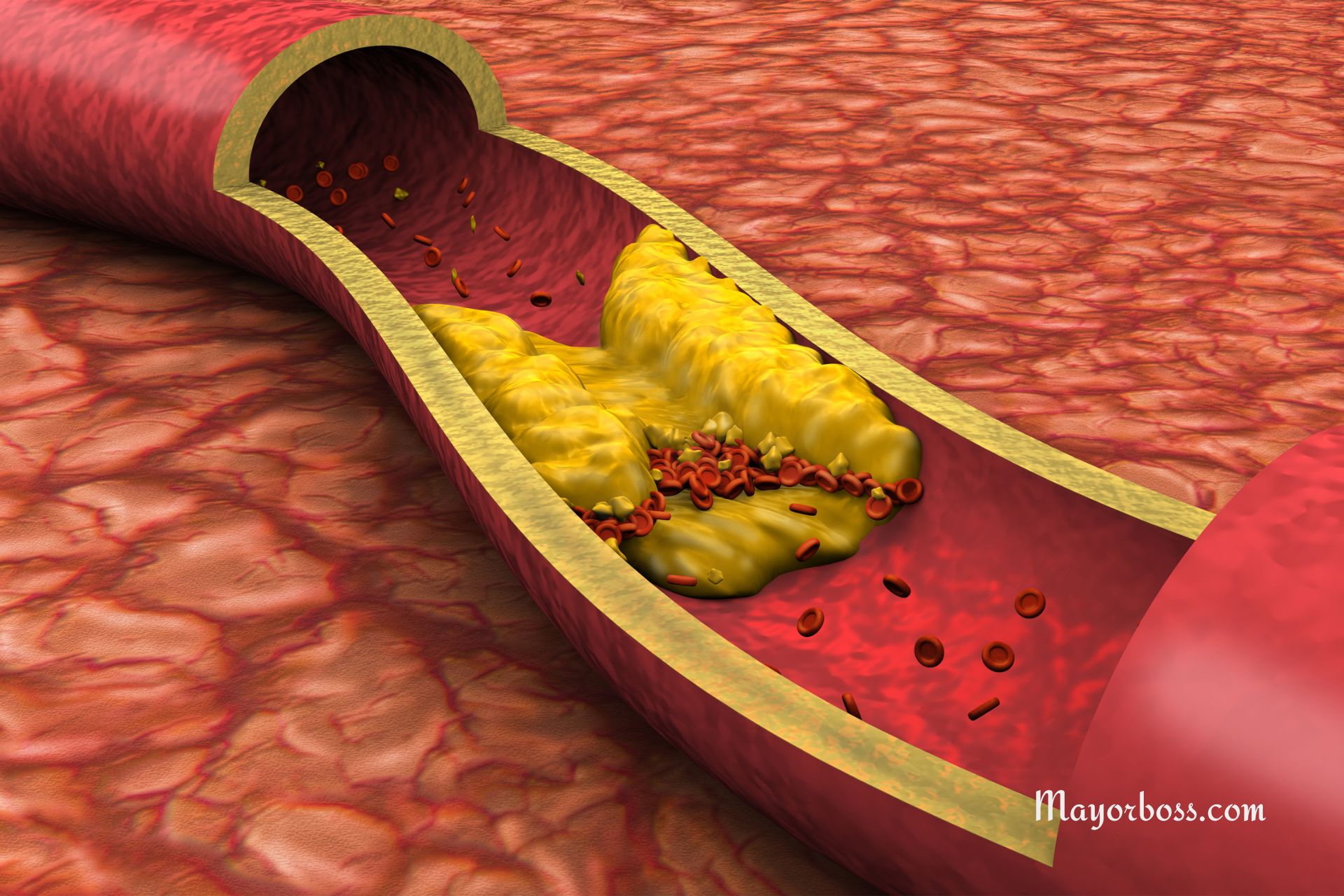4 Signs of Bowel Cancer You Shouldn’t Ignore
Bowel cancer, also known as colorectal cancer, according to World Cancer Research Fund International is one of the 3rd most common types of cancer worldwide. It affects the large intestine and can develop from polyps, which are small growths on the lining of the bowel. The good news is that when detected early, bowel cancer is highly treatable. That’s why it’s incredibly important to know the signs and symptoms so you can act quickly if something doesn’t feel right. In this article, I’ll share with you four key signs of bowel cancer that you absolutely shouldn’t ignore.

If You Notice Blood in Your Stool, Don’t Brush It Off
One of the most noticeable and concerning symptoms of bowel cancer is the presence of blood in your stool. You might notice bright red blood or darker, tar-like stool. Blood in your stool can be caused by other conditions like hemorrhoids or anal fissures, but it’s crucial to get it checked out by a doctor. Persistent or unexplained rectal bleeding is a red flag that should never be ignored. Blood in your stool might come and go, but that doesn’t mean the problem has disappeared. The earlier you address it, the better your chances of catching any potential issues early on.
If You Experience Persistent Changes in Your Bowel Habits, Pay Attention
Another sign of bowel cancer is a noticeable and persistent change in your bowel habits. This might mean diarrhea, constipation, or a feeling that your bowel isn’t completely empty after a movement. Some people might even experience a change in the size or shape of their stool, which could indicate a blockage in the bowel caused by a tumor. If these changes last more than a few weeks, it’s time to see your doctor. While occasional changes can happen due to diet or stress, persistent symptoms are a different story. Your bowel habits should be relatively consistent, so any long-term changes could be a sign that something is wrong.
If You Feel Unexplained Fatigue, It Could Be More Than Just Tiredness
Fatigue is a common symptom of many conditions, but when it’s unexplained and doesn’t go away with rest, it could be linked to bowel cancer. This type of fatigue is often due to anemia, which can occur if a tumor in the bowel is bleeding slowly over time. You might feel unusually tired, weak, or out of breath, even after getting plenty of sleep. If you’re feeling this kind of fatigue along with other symptoms like blood in your stool or changes in bowel habits, it’s essential to get checked out. Fatigue that’s linked to cancer doesn’t go away with a good night’s sleep, and it might be your body’s way of telling you that something isn’t right.
If You Have Abdominal Pain or Cramping That Doesn’t Go Away, Don’t Ignore It
We all experience stomach pain or cramps from time to time, but persistent abdominal discomfort could be a sign of something more serious, like bowel cancer. This pain might feel like gas, bloating, or a sharp, cramping sensation. The pain could also be accompanied by a feeling of fullness, even if you haven’t eaten much. This kind of persistent abdominal pain, especially if it’s new or different from what you’re used to, should be checked out by a doctor. It’s easy to dismiss stomach pain as something minor, but ongoing discomfort could indicate that a tumor is present and needs medical attention.
Final Thought
It’s really important to remember that these symptoms don’t necessarily mean you have bowel cancer. However, they are signs that something might be wrong, and it’s always better to be safe than sorry. Early detection of bowel cancer can make a huge difference in treatment success, so if you’re experiencing any of these symptoms, don’t hesitate to see your doctor. Regular screenings, like colonoscopies, are also vital, especially if you’re over 50 or have a family history of the disease.






